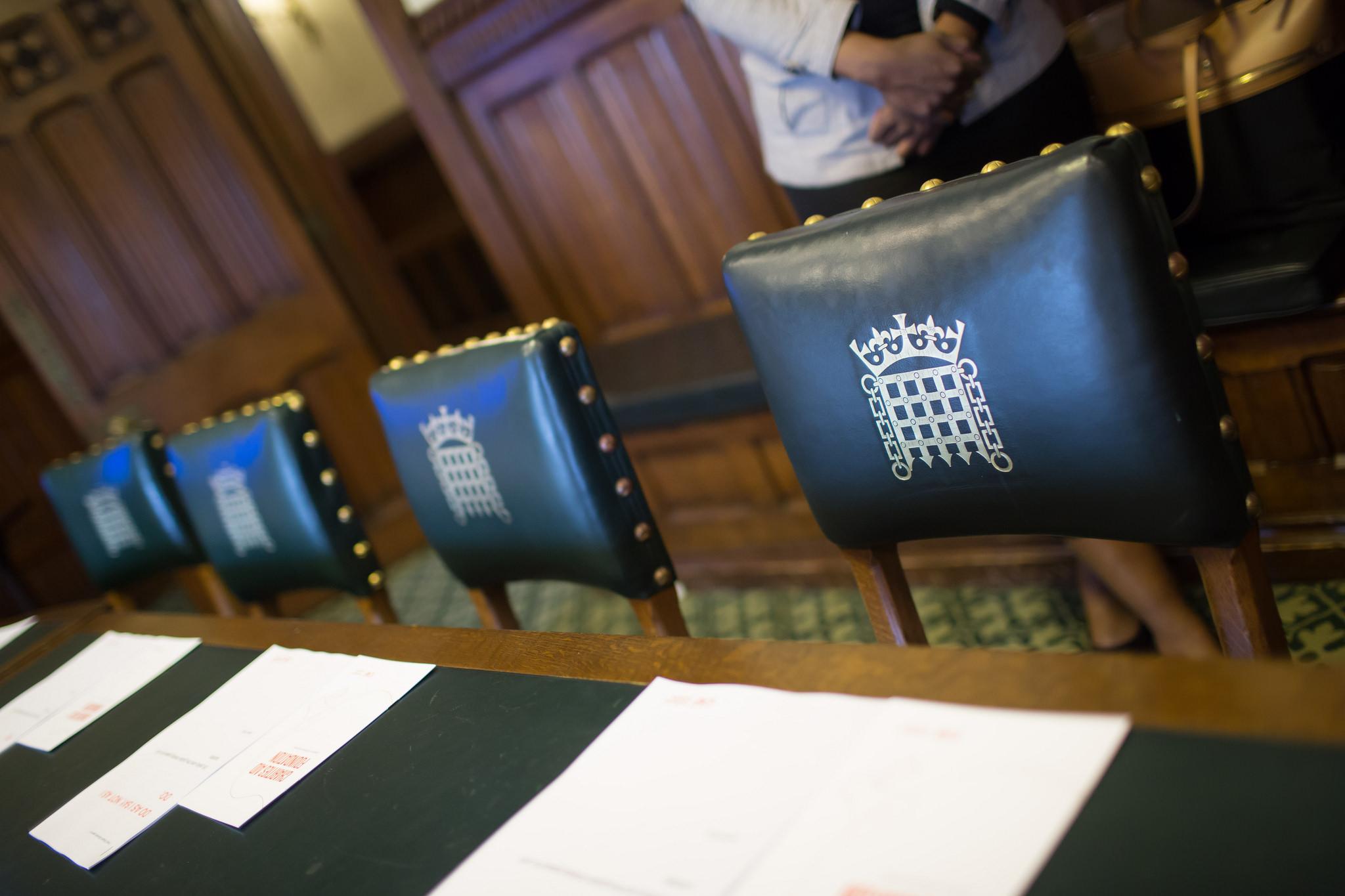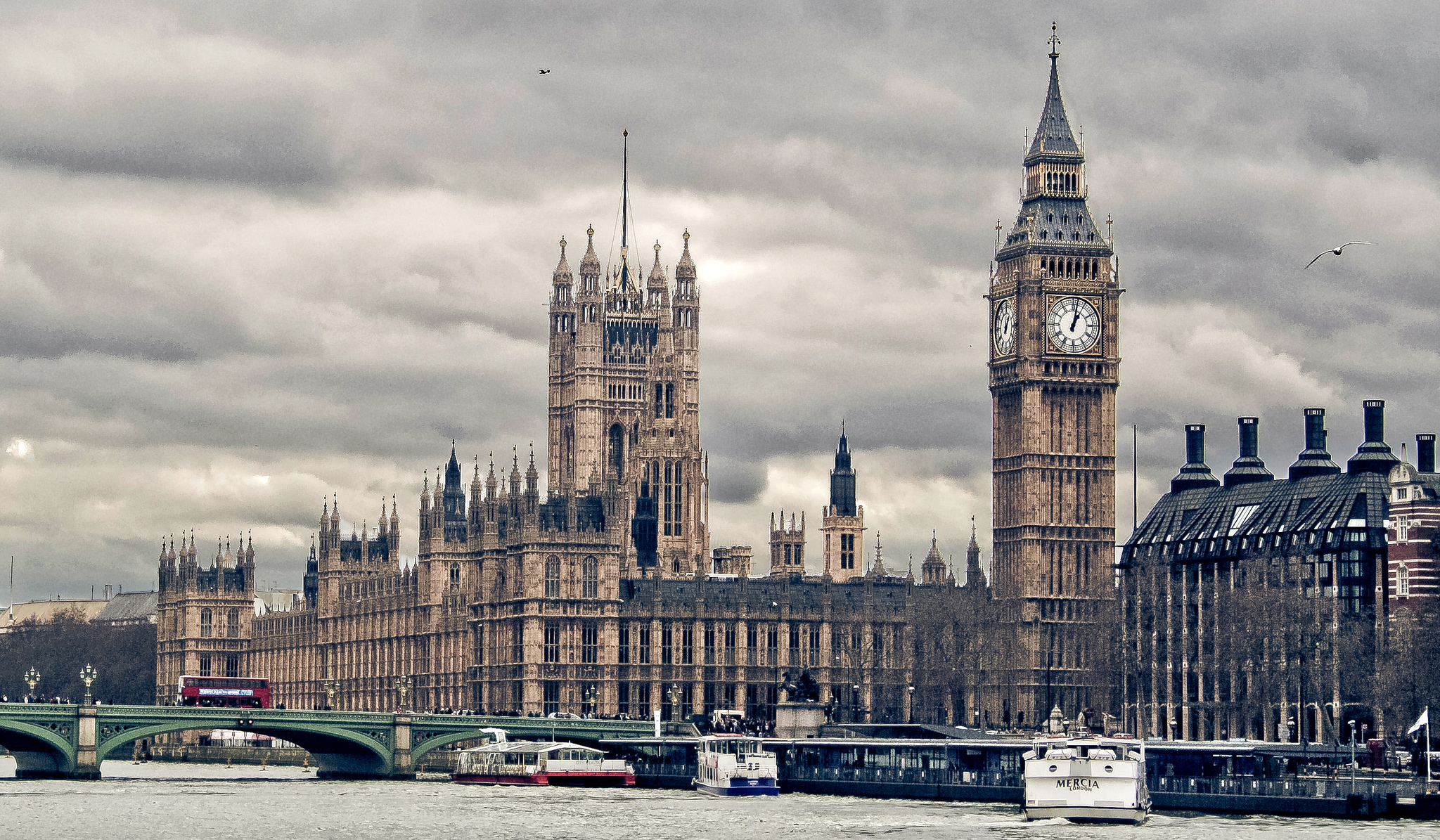The Joint Committee on Human Rights (JCHR) plays an important role in ensuring that human rights are protected in the UK. Its job includes checking that new laws proposed by the Government are compatible with human rights.
The JCHR is a Parliamentary Committee consisting of twelve members, appointed from both Houses of Parliament (the House of Commons and the House of Lords). They have a broad remit to examine matters relating to human rights in the UK.
What does this mean in practice?
In the UK’s Parliamentary system, a proposed new law is called a ‘Bill’. When a Bill is approved by the Houses of Parliament and receives Royal Assent, it becomes an ‘Act of Parliament’ (also known as a ‘statute’ or ‘legislation’).
The JCHR assesses Bills proposed by the Government to check what impact they might have on your human rights. This includes assessing the impact of proposed law on your rights under the European Convention on Human Rights (such as the right to life, liberty, respect for your private and family life, free expression and association, etc.), as well as rights that are protected by the common law (that is, the law which develops through interpretation by judges rather than by Act of Parliament) and rights which come from the UK’s other international obligations.
The JCHR also examines how the Government responds and reacts to court judgments which relate to human rights. The JCHR often publishes written reports with recommendations for amending proposed legislation to make sure that human rights are adequately protected and, in many cases, their reports have an impact on what final legislation looks like.
Asking the hard questions

As well as its reactive work, the JCHR also runs inquiries into a range of topical issues affecting human rights. They can seek evidence from Ministers, MPs and leading experts in the relevant fields. As of 5 February 2017, recent inquiries include looking at the Government’s proposal to derogate from the European Convention on Human Rights in overseas armed conflicts, the human rights implications of Brexit, how to improve mental health and prevent deaths in prisons and the UK’s record on children’s rights. The JCHR often invites written responses to its inquiries, so anyone can submit their views (as long as you follow the JCHR’s submission guidelines).
The JCHR acts as an important tool for scrutinising proposals that might impact on human rights. It is one of the in-built ‘checks and balances’ that can push back against proposed legislation that might diminish human rights protections in the UK. Ministers often get grilled on their proposals by the JCHR, and we often find out a lot more about what the Government is planning after a Minister has been pressed by various members of the Committee. Evidence sessions are broadcast live and they offer some transparency into the Government’s thinking around its law-making plans.
What doesn’t the JCHR do?

The above is just an overview of the broad work which the JCHR does, and is not exhaustive. If you would like to read about the JCHR’s work in more detail, check out their website.
One thing the JCHR does not do is consider individual cases – that is, it will not consider the merits of claims that someone’s human rights have been violated. That is a job for the courts. Certain individuals (and sometimes non-natural persons, such as companies) may bring human rights claims to the domestic courts under the Human Rights Act 1998 or the common law. Once all domestic options have been exhausted, a person still claiming that their human rights have been violated may be able to take their case to the European Court of Human Rights in Strasbourg.
The JCHR is a cross-party Committee. As of 5 February 2017, the Chair of the JCHR is Harriet Harman MP and the Committee contains members from the Conservative, Labour and Liberal Democrat parties. Information on membership of the JCHR is kept up-to-date here.
Want to keep up with the JCHR’s work? Give them a follow on Twitter.
For more human rights news, views and information, subscribe to RightsInfo and follow us on Facebook and Twitter.







